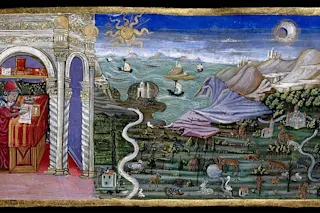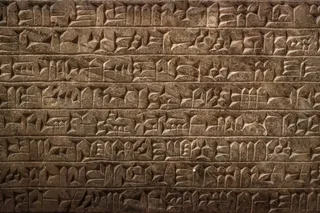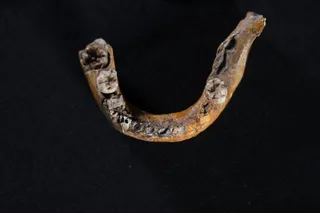Among the achievements of the ancient Roman Empire still acclaimed today, historians list things like aqueducts, roads, legal theory, exceptional architecture and the spread of Latin as the language of intellect (along with the Latin alphabet, memorialized nowadays in many popular typefaces). Rome was not known, though, for substantially advancing basic science.
But in the realm of articulating and preserving current knowledge about nature, one Roman surpassed all others. He was the polymath Gaius Plinius Secundus, aka Pliny the Elder, the original compiler of scientific knowledge by reviewing previously published works.
If he were immortal, Pliny would be celebrating his 2,000th birthday this year. Nobody knows his exact date of birth, but we can infer the year 23 CE because his nephew reported how old he was when he died. His death was on August 25, 79 CE, a date established by an unfortunate event associated with a volcano.
Pliny ...














